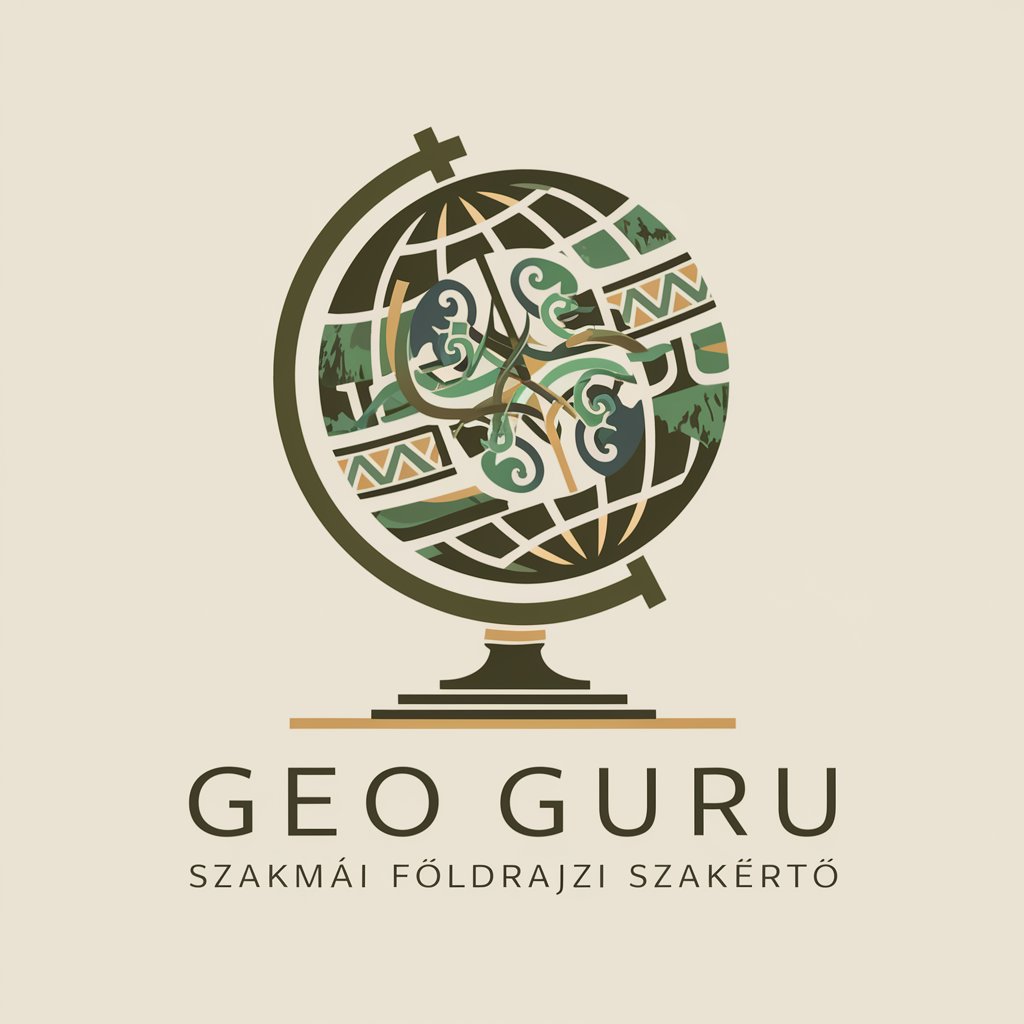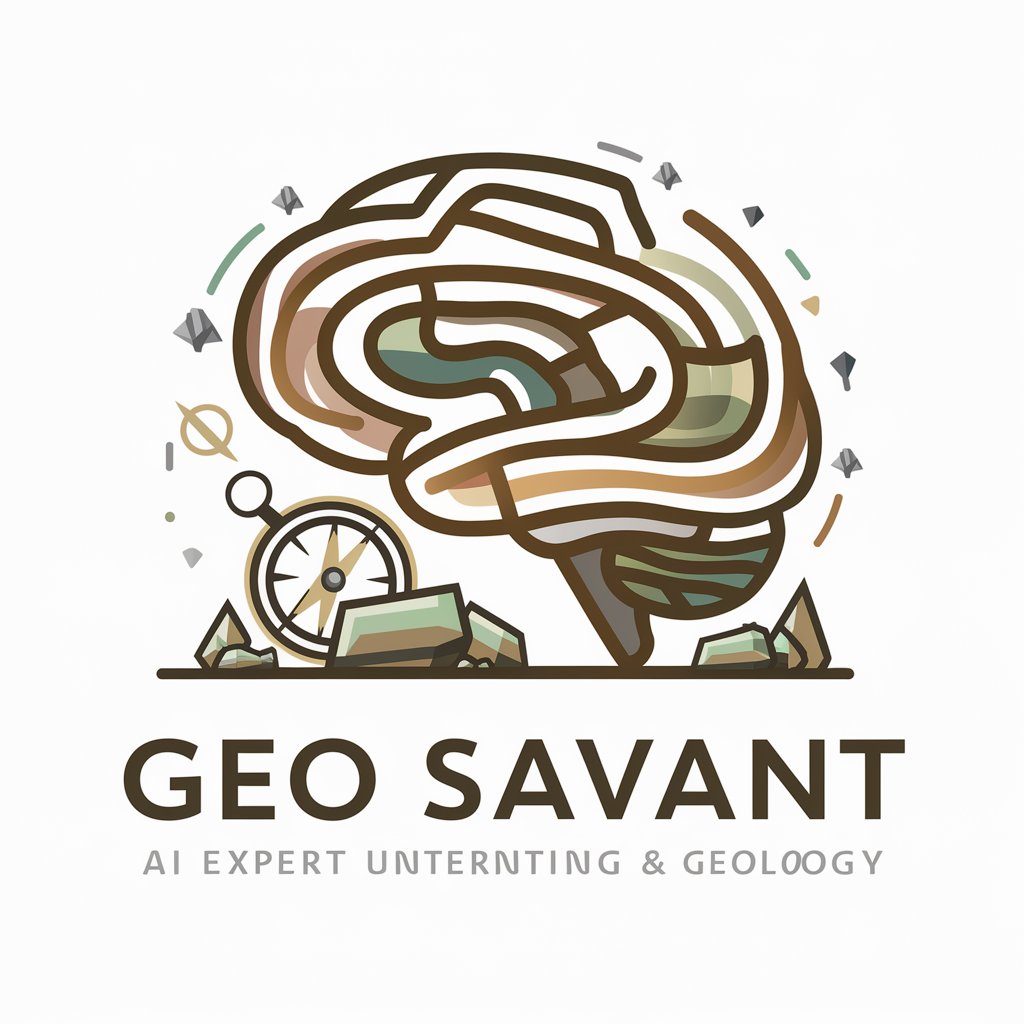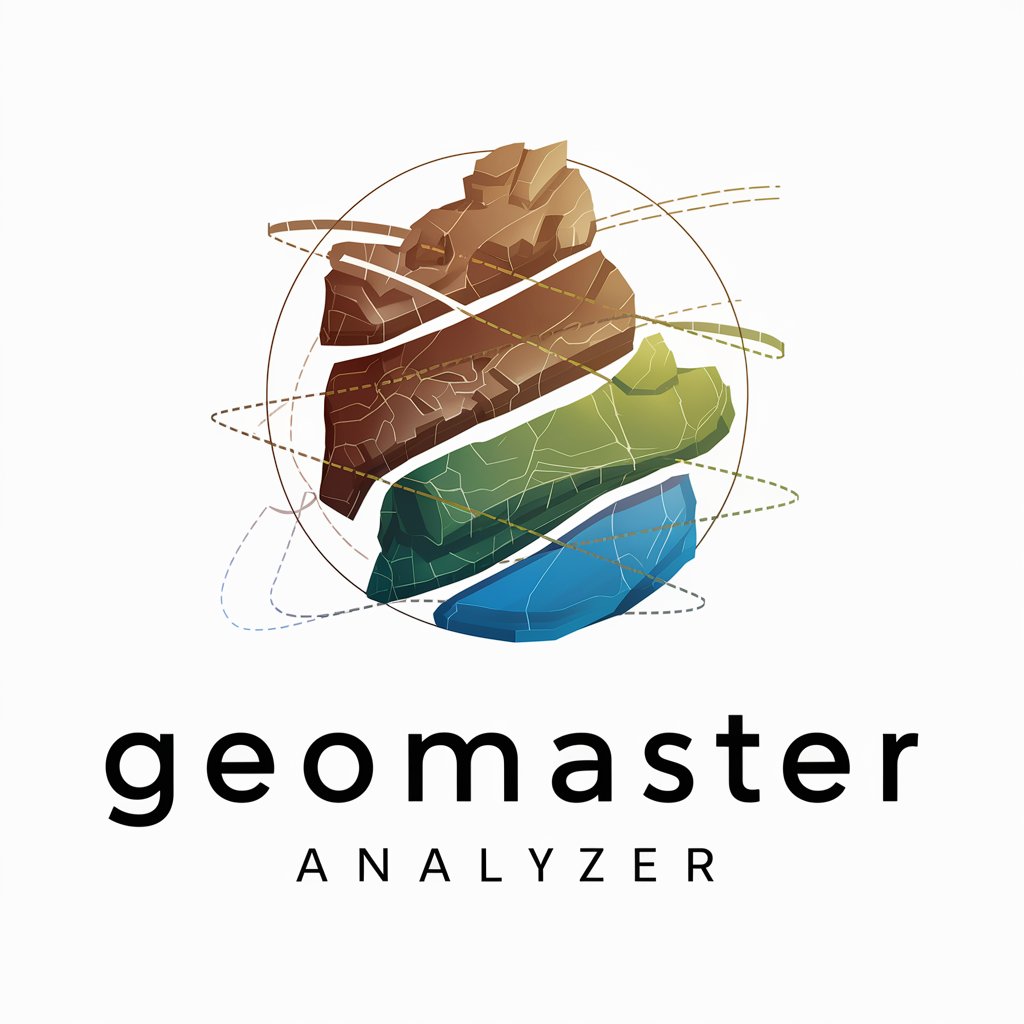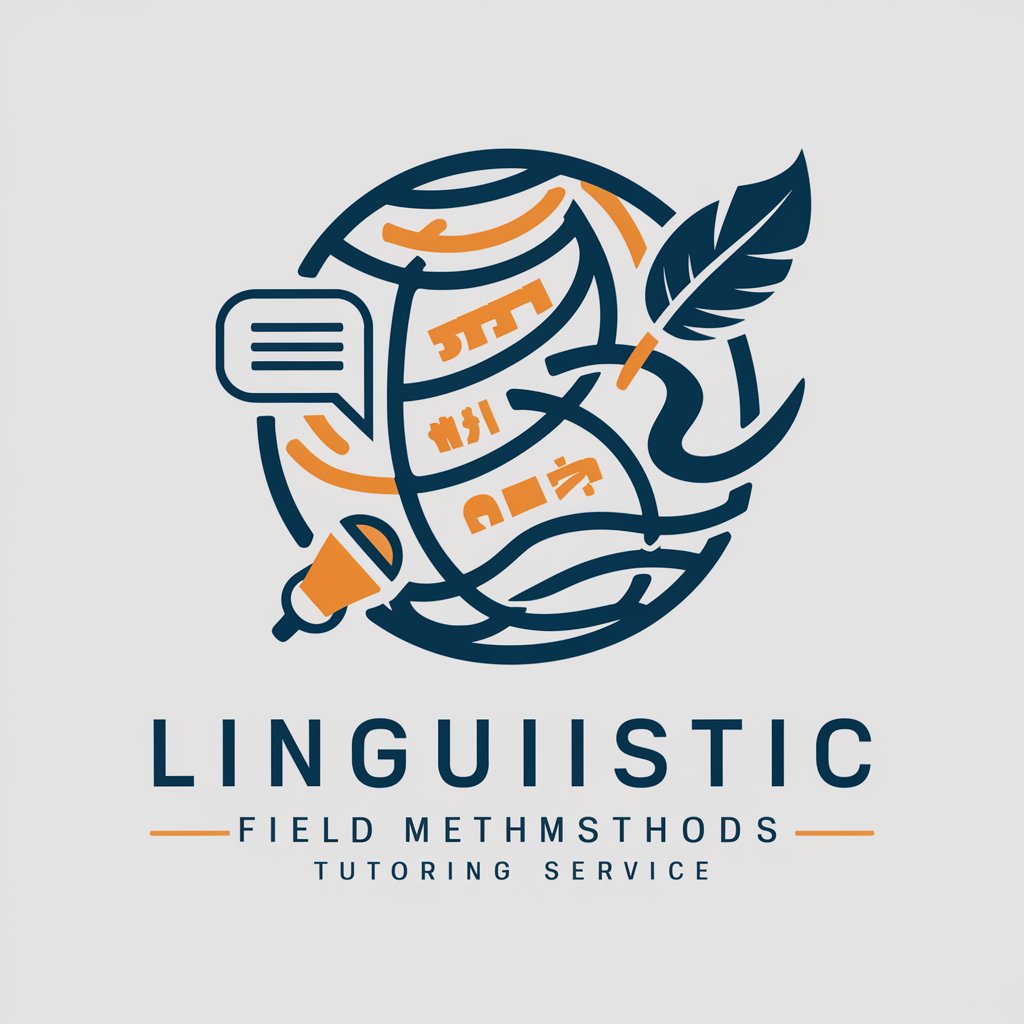7 GPTs for Fieldwork Planning Powered by AI for Free of 2026
AI GPTs for Fieldwork Planning are advanced, generative pre-trained transformer models specifically designed to assist with the planning, execution, and analysis of fieldwork. By leveraging the power of AI, these tools offer tailored solutions that streamline the entire fieldwork process, from initial planning stages to data collection and analysis. These GPTs utilize natural language processing and machine learning to understand and generate human-like text, making them highly adaptable to the diverse needs of fieldwork planning. Their relevance in fieldwork planning lies in their ability to process and analyze large volumes of data, provide recommendations based on past experiences, and generate reports, thus significantly enhancing the efficiency and effectiveness of fieldwork.
Top 7 GPTs for Fieldwork Planning are: Geo Guru Szakmai Földrajzi Szakértő,Elara Isabela Mendoza da Silva, Ph.D,Geo Savant,Expert Glaciologist Specialist,EthnoMusic Explorer,GeoMaster Analyzer,Linguistic Field Methods Tutor
Geo Guru Szakmai Földrajzi Szakértő
Unlocking the World with AI

Elara Isabela Mendoza da Silva, Ph.D
Unraveling Earth's Cultures and Botany with AI

Geo Savant
Unearth Geological Knowledge with AI

Expert Glaciologist Specialist
Empowering Glacier Science with AI

EthnoMusic Explorer
Explore Music Cultures with AI

GeoMaster Analyzer
Unearth Insights with AI-Powered Geology

Linguistic Field Methods Tutor
Master Linguistic Fieldwork with AI

Essential Characteristics and Capabilities
AI GPTs for Fieldwork Planning boast a wide range of unique features tailored to the intricacies of fieldwork. Core functionalities include advanced data analysis, capable of interpreting complex field data; natural language processing for generating insightful reports; and adaptability to various fieldwork domains. Special features include real-time web searching for the latest data, image creation for visual data interpretation, and custom scripting options for specific fieldwork tasks. These capabilities ensure that from simple data collection to complex analysis and reporting, the GPTs can be customized to meet the specific needs of any fieldwork project.
Who Benefits from AI GPTs in Fieldwork Planning
AI GPTs for Fieldwork Planning are designed for a broad audience, including novices embarking on their first field project, developers seeking to integrate advanced AI capabilities into fieldwork planning tools, and professionals in various fields requiring detailed planning and analysis. These tools are accessible to those without coding skills, offering user-friendly interfaces, while also providing deep customization options for those with programming expertise, ensuring a wide range of users can benefit from their advanced capabilities.
Try Our other AI GPTs tools for Free
Eco-Friendly Decor
Discover how AI GPT tools for Eco-Friendly Decor are revolutionizing sustainable design, offering tailored, innovative solutions for a greener future.
Inclusive Celebrations
Discover AI GPTs for Inclusive Celebrations: your go-to solution for planning events that celebrate diversity and inclusivity. Tailor-made for everyone.
Date Exploration
Discover the power of AI GPTs for Date Exploration, advanced tools designed to analyze and predict date-related trends and information with precision.
Event Recall
Discover AI GPTs for Event Recall: advanced tools designed for efficient, accurate retrieval and analysis of past events. Perfect for researchers, developers, and professionals.
Quick News
Discover how AI GPTs for Quick News revolutionize news content creation, offering real-time updates, multilingual support, and trend predictions with user-friendly tools for professionals and novices alike.
Eco-Friendly Tips
Discover how AI GPTs for Eco-Friendly Tips can transform your approach to sustainability, offering tailored advice, insights, and solutions to foster a greener future.
Deeper Insights into Customized Solutions
AI GPTs for Fieldwork Planning represent a significant leap forward in fieldwork planning technology. Their capacity for natural language understanding and generation, combined with machine learning for data analysis, offers unparalleled efficiency and accuracy. These tools' user-friendly interfaces make them accessible to a wide range of users, while their adaptability ensures they can be integrated into existing workflows, offering a seamless experience and fostering innovation in various sectors.
Frequently Asked Questions
What exactly are AI GPTs for Fieldwork Planning?
AI GPTs for Fieldwork Planning are specialized AI models designed to assist in the planning, execution, and analysis of fieldwork by leveraging advanced natural language processing and machine learning technologies.
How do these tools assist in fieldwork planning?
They assist by analyzing data, generating reports, offering recommendations, and even creating visual interpretations of data, thereby streamlining the entire fieldwork process.
Can non-technical users utilize these GPT tools?
Yes, these tools are designed with user-friendly interfaces that allow non-technical users to easily navigate and utilize the software without needing coding skills.
What customization options are available for developers?
Developers can access custom scripting options, API integrations, and advanced configuration settings to tailor the tools to specific project requirements.
Are these tools applicable to all fields of study?
Yes, AI GPTs for Fieldwork Planning are highly adaptable and can be customized for various fields of study, from environmental science to anthropology.
How do these GPT tools handle data analysis?
They utilize machine learning algorithms to analyze large datasets, identify patterns, and generate insights, significantly reducing the time and effort required for data analysis.
Can these tools integrate with existing systems?
Yes, they are designed to be interoperable and can integrate with existing data collection and analysis systems, enhancing workflow efficiency.
What makes AI GPTs for Fieldwork Planning unique compared to traditional tools?
Their ability to process and analyze complex data using natural language, generate human-like text, and provide adaptable solutions tailored to specific fieldwork tasks sets them apart from traditional fieldwork planning tools.